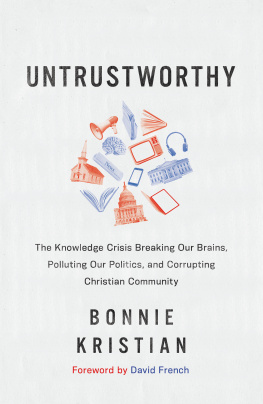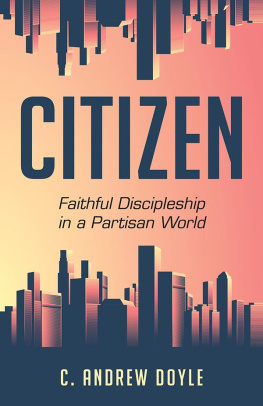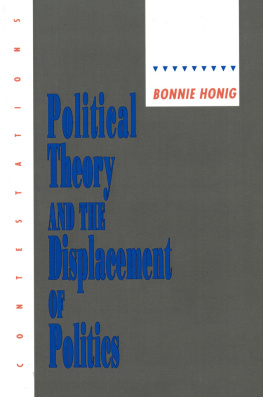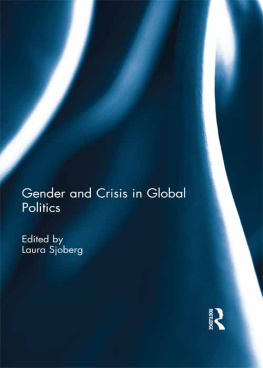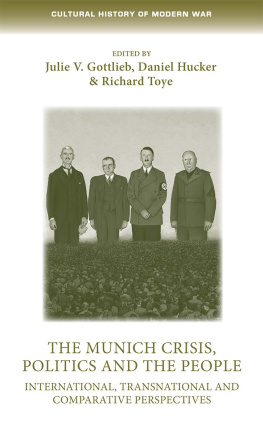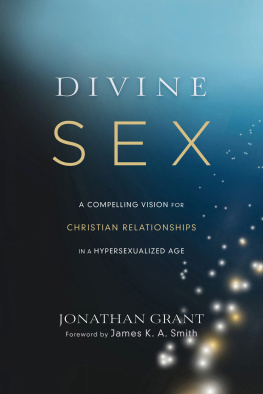Endorsements
Human beings have never had more access to more information through more channels. But all that data is meaningless apart from human trust. In Untrustworthy , Bonnie Kristian, a knowledgeable and reliable guide, helps us to consider the causes, consequences, and hopes for working through what is not only an epistemological crisis but also a relational one. Overcoming our current polarization will begin only when trust is built across fractured communities, and this book will help in that work.
Karen Swallow Prior , Southeastern Baptist Theological Seminary; author of On Reading Well: Finding the Good Life through Great Books
In Untrustworthy , Bonnie Kristian pulls together a compendium of resources for understanding the media landscape and disrupting its hold on our lives, our relationships, and our politics. Bonnie understands that Christianity has much to do with knowledge, and knowledge much to do with Christianity, and has written a book that will help restore knowledge to its rightful place in the lives of Christians and the church.
Michael Wear , author of Reclaiming Hope: Lessons Learned in the Obama White House about the Future of Faith in America
Our countrys epistemological crisis is perhaps the greatest threat to democracy. And while its tempting to feel hopeless in light of fake news and people who speak their truth, Kristian offers us ways to move forward. Untrustworthy is an incisive, deeply researched, and personal analysis of our truth crisis. It should be widely read and discussed.
Alan Noble , Oklahoma Baptist University; author of You Are Not Your Own
Many of us have a sense that all we once took for granted is now up for grabs. We are living through a crisis of knowledge, and the result can be a feeling of suffocating uncertainty. Untrustworthy opens a window and lets in a breath of fresh airand hope. Bonnie Kristian offers a way out of pointless debates and fearmongering conspiracy theories. This book is never condescending and always sympathetic; it is never partisan and always incisive.
Jeffrey Bilbro , author of Reading the Times
We are living in the midst of a truth crisis. Every single day information swamps our social mediapopping up on our alerts or forwarded from friends. Not only do we not know what to believe but we also dont know how to believe. This is why this book is so vitally important. Bonnie Kristian is a first-rate journalist who is uniquely able to sift through the layers of todays truth crisis and help guide faithful Christians to know how to pursue knowledge and understand the times in ways that are in obedience to the lordship of Christ. She skillfully gets at the motivations that have caused a sense of distrust and alienation that drives us to extremes. This is a book the American church desperately needs and that pastors have been asking for. Id urge you to give it a careful read and pass it on to anyone in your sphere of influence.
Daniel Darling , director of The Land Center for Cultural Engagement, Southwestern Baptist Theological Seminary; author of A Way with Words
Half Title Page
Title Page
Copyright Page
2022 by Bonnie Kristian
Published by Brazos Press
a division of Baker Publishing Group
PO Box 6287, Grand Rapids, MI 49516-6287
www.brazospress.com
Ebook edition created 2022
All rights reserved. No part of this publication may be reproduced, stored in a retrieval system, or transmitted in any form or by any meansfor example, electronic, photocopy, recordingwithout the prior written permission of the publisher. The only exception is brief quotations in printed reviews.
Library of Congress Cataloging-in-Publication Data is on file at the Library of Congress, Washington, DC.
ISBN 978-1-4934-3853-2
Some of my discussion within this book draws from material that originally appeared in columns for Christianity Today and The Week . It has been adapted for this format, and the original articles are cited in the endnotes.
Scripture quotations are from THE HOLY BIBLE, NEW INTERNATIONAL VERSION, NIV Copyright 1973, 1978, 1984, 2011 by Biblica, Inc. Used by permission. All rights reserved worldwide.
The author is represented by WordServe Literary Group, www.wordserveliterary.com.
Baker Publishing Group publications use paper produced from sustainable forestry practices and post-consumer waste whenever possible.
Dedication
To our twins,
who arent allowed on the internet
til theyre thirty
Contents
Endorsements
Half Title Page
Title Page
Copyright Page
Dedication
Foreword by David French
Acknowledgments
Introduction
1. Naming the Crisis
2. Media
3. Mob
4. Schemes
5. Skepticism
6. Emotion
7. Experience
8. A Practical Epistemology
9. A Building Plan
10. A Breath
Notes
Cover Flaps
Back Cover
Foreword
David French
I f youre in the journalism business, theres a question youve heard a thousand times: How do I know whats true? We live in a nation awash in speech yet lacking in knowledge. We live in a nation full of citizens who claim to distrust institutions yet seem to place almost blind faith in those institutions and individuals who reaffirm their worldview.
It is not uncommon to hear someone declare with confidence that others cannot and must not believe the latest report in the New York Times . And whats the proof? A fact check they found on a fringe outlet on Facebook.
Does that mean that the Times is always right, and the fringe outlet is always wrong? Of course not. But its an example that illustrates a larger truth. We not only dont know whats real, we dont even know how to discover what reality is.
We live in an age of earned distrust. There is no question that key institutions have too often failed in their obligation to report the truth, even if one charitably allows for the fact that it is often impossible to discern the full dimensions of complex events in real time. Were always operating with varying degrees of partial knowledge, and the fog of warthe confusion that accompanies crisiscan be very real indeed.
But we also live in an age of manufactured distrust. Partisan news sources amplify and exaggerate the failures of the other sideeven as they ignore, minimize, and rationalize their own obvious flaws. There is much money to be made and much fame to be gained by telling partisans exactly what they want to hear and inoculating them against external critique.
This is the cultural and political backdrop that renders this book so vitally important. Its critical to understand not just what is true but also how we discern truth. Its imperative to see Americas knowledge crisis as having implications that extend far beyond politics.
In many ways Americas knowledge crisis is also a relationship crisis. Our inability to agree on even the most basic facts can destroy friendships and fracture families. Creating communities around conspiracy theories can provide people with a sense of meaning and fellowship they can find nowhere else. How can fact checks be enough to pull a person out of the cause that provides them with a mission and a purpose?
Americas knowledge crisis is also a faith crisis. Pastors and parishioners alike speak of painful divisions that are so often rooted in a complete failure to understand or believe a basic set of common facts. That failure invariably leads to friction, to a sense that we share the pew with people who are deeply deluded. How long can churches remain intact when divisions are that profound?
Read Bonnies book to discern the causes of the crisis. Read her book to understand its effects. And read it to understand the role you can play in solving one of the most pressing issues of our time. To quote The X-Files , one of my favorite television shows from the 1990s, The truth is out there. Its up to us to find it, share it, and solve the knowledge problem that threatens to tear this nation apart.

